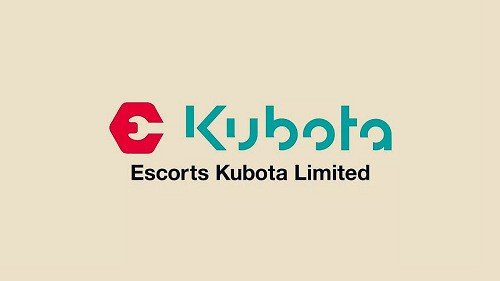The financial advisory business is interested in the personalized recommendations given to clients in terms of investment to gain trust and create a long-term relationship with them. Clients are becoming more demanding of advice that is customized to their respective financial objectives, risk-taking, and life situations. It is possible to deliver generic advice in such a way that makes the clients feel undervalued, and diminishes their trust in the firm-client relationship. The use of technology to store and analyze client information will enable advisors to provide more accurate and meaningful advice.
A customer relationship management system serves as a successful instrument of organizing, tracking and analyzing client data to advantage financial advisors. With CRM solutions, the advisors are capable of knowing their client preferences and behaviors hence making better decisions. With CRM systems being used, there will be no doubt that the recommendations will not only be personalized, but also actionable, which serves to enhance client satisfaction and the business in the long run.

Organizing Client Data Efficiently
Personalized investment recommendations are based on proper and complete client data. The CRM systems enable the advisors to add personal data such as financial objectives, investment history, risk tolerance, and communication preferences. By keeping this information centralized, it will be so that no crucial part is left out and that the advisors will have a complete view of the situation of the respective clients.
Using the most efficient CRM software, advisors are able to make decisions and prepare the meetings or examine the investment strategies within a short period of time. This structured method lowers the possibility of mistakes and empowers the advisors to make individualized suggestions according to the actual client information. Efficient data management also liberates time on the part of advisors which is used in analysis and planning and not in administration.
Analyzing Client Behavior and Preferences
CRM systems enable advisors to monitor and study client behavior, including investment options, the rate of transactions, as well as responsiveness to previous suggestions. The awareness of these tendencies can be of paramount importance in determining the financial mindset and preferences of a client. It is through such analysis that the advisors can make their recommendations that are more appropriate to their specific individual goals and comfort levels.
Using CRM analytics, advisors are able to apply the trends and tailor their advice to better the changing needs of clients. Personalization does not just entail what clients claim to desire but also, it is also about understanding trends in their real investment practices. This better comprehension enhances the chances of client interest and contentment with the advisory process.
Segmenting Clients for Tailored Recommendations
Another major role of CRM systems is to segment the clients according to shared traits or monetary goals. Clients can be grouped by risk tolerance, investment goals or asset type, which allows the advisor to make more specific and applicable recommendations. Segmentation will guarantee that advice is suitable to the situation of a specific client and will not be generalized.
Advice segmentation also leads to efficiency in the advisory practice. The advisors will be able to provide high-quality and consistent guidance to large numbers of clients and remain personal at the same time. The practice has enhanced the relationship between the clients and the advisors and enables the advisors to handle a bigger number of clients without compromising the quality of service.
Enhancing Client Communication
CRM has helped the company to communicate with clients more effectively and efficiently. The advisors will be able to have updates, reminders, and check-ins scheduled according to the preferences of a client so that the communication is timely and relevant. Such attention proves that the advisor is aware of the priorities of the client and is dedicated to his financial prosperity.
The individualized communication will make the client feel that he/she is valued and will create trust that is significant in the long-term engagement. Recommendations by advisors can be made in an area that appeals to the client because they can refer to past dealings and client information which is likely to attract positive reactions, and compliance with the investment plans.
Supporting Strategic Decision-Making
CRM systems deliver actionable insights, which are used not only to deliver suggestions to clients but also to strategize the business at large. Knowing the trends and preferences of clients aids the advisors to anticipate the need, plan to make portfolio modifications and launch new products or services which resonate with the client goals.
With the best CRM software, the advisors are able to transform raw data of clients into insights of strategies. Strategic advisors are able to recognize high value clients, rank follow-ups and make proactive recommendations which enhance client outcomes and practice performance. Criminal activities such as strategic decision-making guided by the insight of CRM would make sure that the services are matched with client needs and market opportunities.
Conclusion
Individualization of investment recommendations is very important to a financial advisor to help him/her gain trust by increasing client satisfaction and enhancing client relationship in the long run. CRM systems offer a methodical way of managing the data about clients, patterns of behavior, client segmentation and improvement of communication.
Through the most effective CRM software, advisors are able to offer personalized advice based on the individual needs of a specific client. This will not only enhance the quality of advice but will also help the advisors to be ahead of the game in understanding the needs of the clients as well as in making sound strategic choices and attaining sustainable business development.

